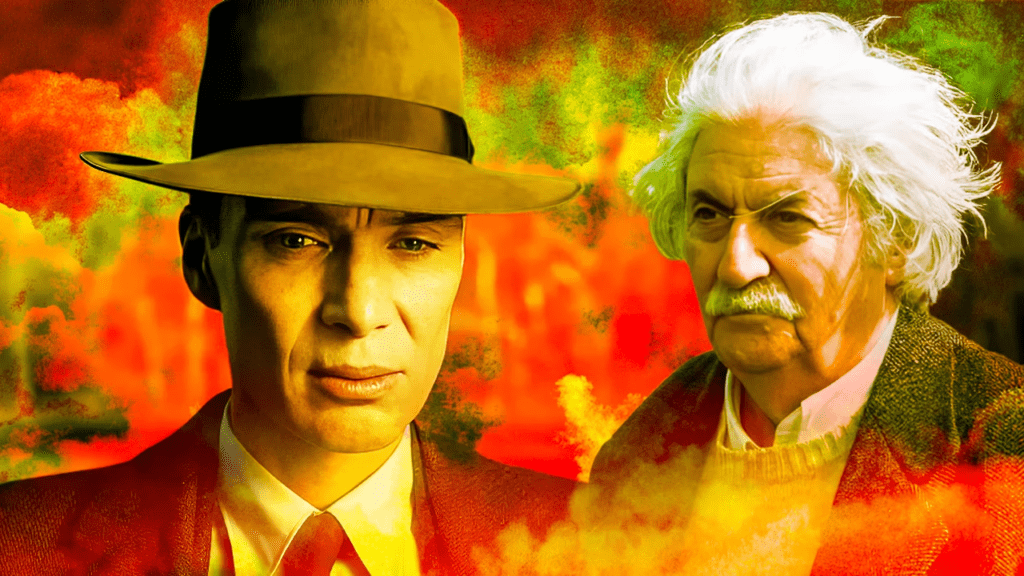What Did Oppenheimer Say To Einstein & What Did It Really Mean?
Throughout Oppenheimer, the conversation between J. Robert Oppenheimer and Albert Einstein is frequently mentioned, and the conversation is finally revealed in the final scene, and it has deep meaning. The new film, directed by Christopher Nolan, is not only about the renowned physicist leading a team of scientists to build the atomic bomb, but also about how Lewis Strauss tried to publicly humiliate Oppenheimer and destroy his name after being humiliated by him. The film also talks about Oppenheimer’s inner conflict over the direction of the Manhattan Project, and the scientist’s conversation with Einstein in the final scene explains the film’s meaning perfectly. In the film, Lewis Strauss immediately becomes paranoid when Einstein ignores him after Einstein and Oppenheimer’s lakeside conversation. Strauss is convinced that Oppenheimer said something negative about the AEC president to the famous scientist, and that was the catalyst that strained Strauss and Oppenheimer’s working relationship. In Strauss’ final scene, Strauss’ Senate aide tells the AEC President that maybe Einstein and Oppenheimer aren’t talking about him, and that Strauss is completely paranoid and narcissistic, and that’s where the legendary conversation comes finally revealed.
Oppenheimer’s Last Line To Einstein Explained

It turns out that Oppenheimer didn’t say anything negative about Strauss to Einstein, and Strauss’ name wasn’t even mentioned. Instead, the two scientists are discussing the inner conflict Oppenheimer experienced when creating the atomic bomb and the possible consequences once the project is complete. Oppenheimer told Einstein that he feared creating the bomb would cause a chain reaction in which other nations try to compete with the atomic bomb, creating a multitude of nuclear weapons and, as a result, the destruction of the world. gender. This is followed by the film’s final dialogue when Einstein asks, “What about it?”, to which Oppenheimer replies, “I believe we made it.”
What Oppenheimer Really Meant When He Said “I Believe We Did” To Einstein

The final moment of Oppenheimer is a mini-montage of modern nuclear weapons being activated across the world and the whole of Earth being torched, which is exactly what Oppenheimer meant by “I Believe We Did,” and exactly what he was afraid of. Oppenheimer’s reasoning behind leading The Manhattan Project was that he would rather have a potentially world-ending bomb in the hands of the U.S. government than the Nazis. The scientist raced against Germany to build the bomb and won. However, while creating the bomb, he realized that he had simply started a chain reaction where every nation would have nuclear weapons of their own.
Instead of building a bomb to end the war, Oppenheimer sped up a planet-ravaging race in nuclear weapon building, as every other country now knows that huge bombs can be built with atoms and hydrogen. After the events of Oppenheimer, the physicist became an advocate against the creation of nuclear weapons, especially the creation of the hydrogen bomb, which was created by Oppenheimer’s Edward Teller, the Hungarian scientist who betrayed Oppenheimer during his hearing. While “I believe we did” is such a haunting line, especially as the end-of-the-world visual follows, the sequence essentially adapts the scientist’s most famous quote: “Now I become death, destroyer of worlds.”

